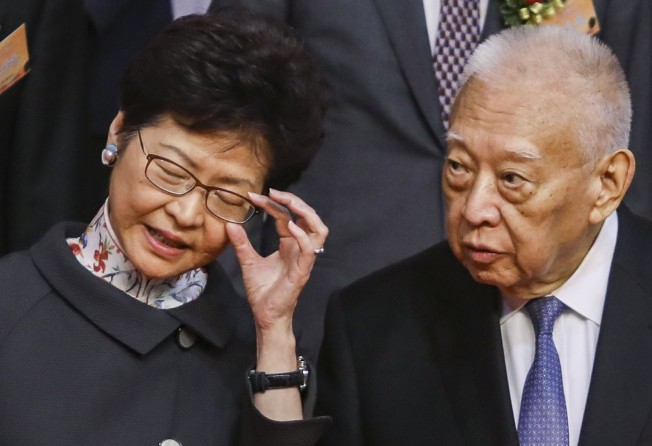Here’s an experiment for Carrie Lam: will more sleep result in better policies?

Although we are glad that Chief Executive Carrie Lam Cheng Yuet-ngor isn’t busy tweeting retaliative rants at 3am, her repeated proclamation of her sleep deprivation is disquieting. The latest example was her interview on TVB’s Straight Talk programme on October 16.
I am in no position to doubt Mrs Lam’s self-reported truncated need for rest. Yet, as a researcher of the connections between sleep and well-being, I encourage her and other public figures to take more caution about the way they speak about their sleep habits.
Most, if not all, human adults require seven or more hours of sleep a night to stay healthy and function properly. Children and youth need more than that. Below six hours a night is considered sleep deprivation, which, in the short run can affect our daytime functioning and mood. In the longer run, chronic lack of sleep is associated with considerable adverse health, emotional and cognitive outcomes.
If our leaders consistently pride themselves on their lack of sleep – regardless of whether it is true – I fear that it may inadvertently convey an erroneous message that it is OK, even admirable, to sacrifice sleep for work and study.
Hong Kong is already, as it is, a notoriously sleep-deprived city; we need our elites to encourage more, not less, rest. Whether getting a couple of extra hours of sleep will contribute to better policymaking is an empirical question for Mrs Lam to test out.
Dr Christian Chan, associate professor, department of psychology, the University of Hong Kong